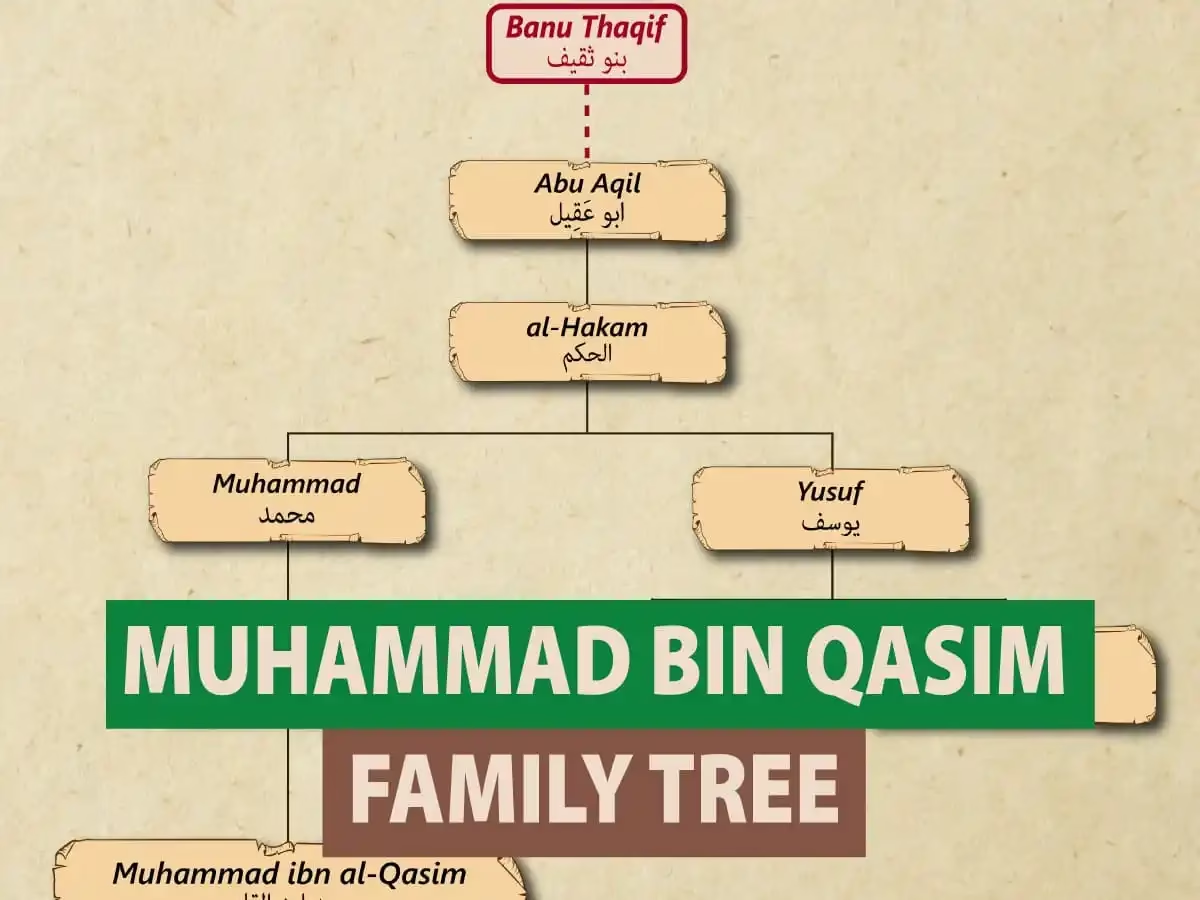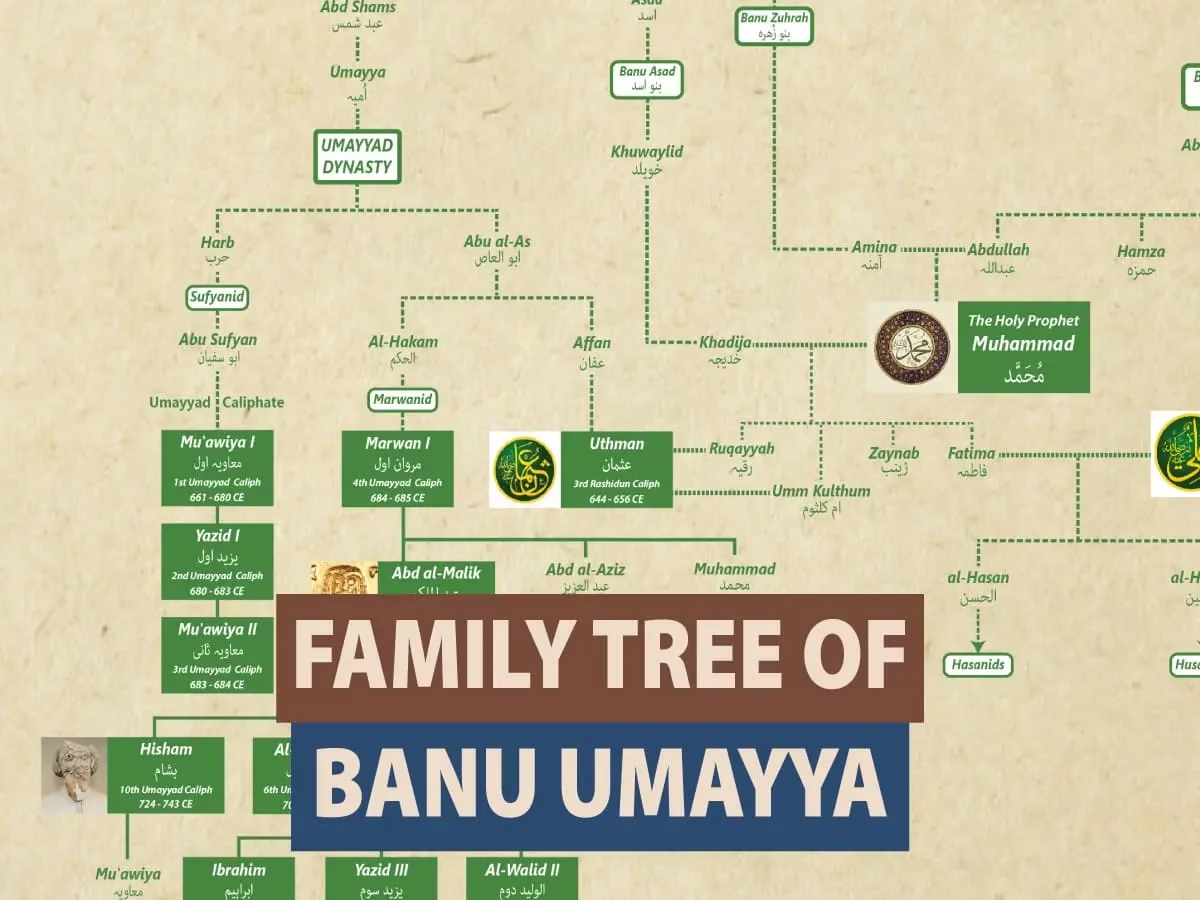On 02 November in 682 AD/CE, the eight Umayyad Caliph Umar ibn Abd al-Aziz commonly known as Umar II was born in Medina. Umar was the pious and faith ruler. Therefore, he is often called one of the pious caliphs (Rashidun Caliph). He was also a matrilineal great-grandson of Second Rashidun Caliph, Umar ibn Al-Khattab.
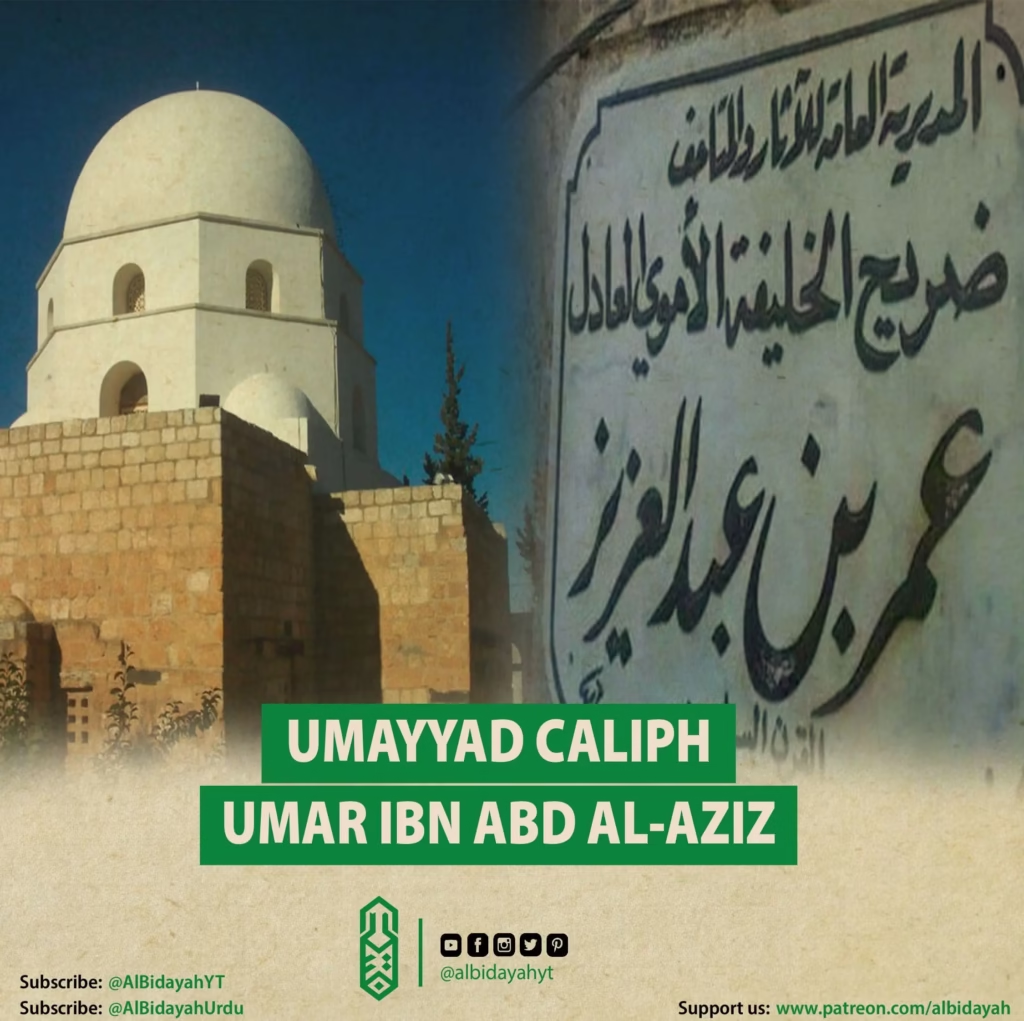
Early Life and Education
He was the son of Abdul Aziz ibn Marwan, the governor of Egypt while his mother, Umm-i-Aasim was the granddaughter of Second Rashidun Caliph, Umar ibn Al-Khattab.
He received his education in Madinah from his mother’s uncle, the celebrated scholar Abdullah ibn Umar. He stayed in Madinah till his father’s death in 704 AD/CE, when he was called by his uncle Caliph Abd al-Malik and was married to his daughter Fatima.
See Also: Umayyad Dynasty Family Tree
Governorship of Medina
He was appointed governor of Madinah in 706 AD/CE succeeding Caliph Walid ibn Abd al-Malik. Umar remained governor of Madinah throughout the reigns of Caliph Walid and Caliph Suleiman.
Becoming the Caliph
When Caliph Suleiman fell seriously ill, he wanted to appoint heir, as his sons were still minors. Reja ibn Haiwah, the adviser, proposed to him to appoint his cousin Umar bin Abdul Aziz as his successor. Suleiman accepted the suggestion.
Umar ibn Abdul Aziz ruled as a caliph for only two and a half years but during this short period he changed the world. Umar ibn Abdul Aziz followed first Rashidun Caliph, Abu Bakr, who did not spend a single farthing from the Bayt al-Mal to cover his personal expenses.
His tenure was the brightest period in the 92-year history of the Umayyad Caliphate. After being nominated caliph, Umar addressed the people from the pulpit saying:
“O people, I have been nominated your caliph despite my unwillingness and without your consent. So here I am, I relieve you of your pledge (baiyat) that you have taken for my allegiance. Elect whomsoever you find suitable as your caliph.”
People shouted:
“O Umar, we have full faith in you and we want you as our caliph.”
Umar continued, “O people, obey me as long as I obey Allah; and if I disobey Allah, you are not duty-bound to obey me.”
Promoting Islam and Justice
Following the example of the Holy Prophet (peace be upon him), Umar sent out emissaries to China and Tibet, inviting their rulers to embrace Islam. It was during the time of Umar that Islam took roots and was accepted by a large segment of the population of Persia and Egypt. When the officials complained that because of conversions, the jizya revenues of the state had experienced a steep decline, Umar wrote back saying that “Holy Prophet Muhammad (peace be upon him) was sent as a prophet (to invite the people to Islam) and not as a tax collector.”
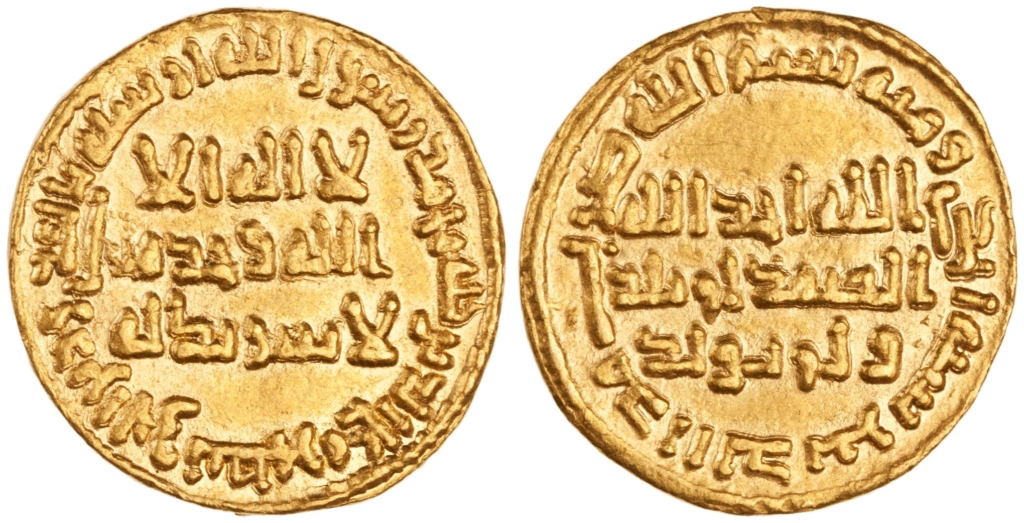
(Source: Wikipedia)
He abolished home tax, marriage tax, stamp tax and many other taxes as well. When many of his agents wrote that his fiscal reforms in favor of new converts would deplete the Treasury, he replied, “Glad would I be, by Allah, to see everybody become Muslim so that you and I would have to till the soil with our own hands to earn a living.”
Death and Legacy
Umar died in 720 AD/CE (Rajab, 101 AH) at the age of 38 in a rented house at the place called Deir Sharqi or Dayr Sim’an near Homs. He was buried in Dayr Sim’an on a piece of land he had purchased from a Christian.
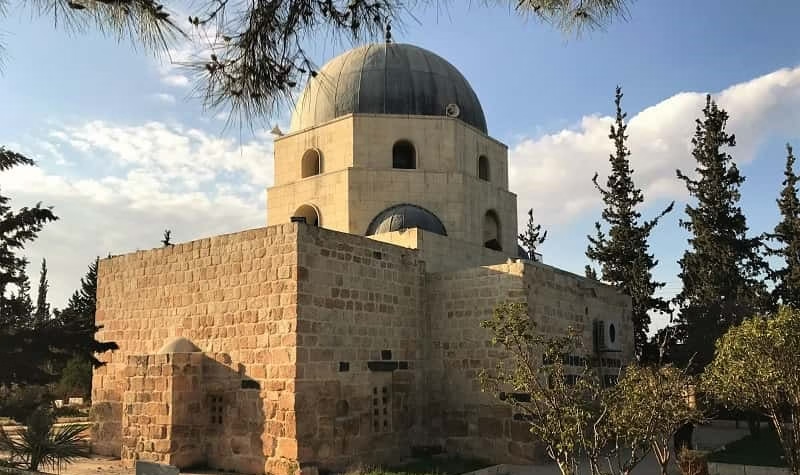
He reportedly left behind only 17 dinars with a will that out of this amount the rent of the house in which he died and the price of the land in which he was buried would be paid. And thus departed the great soul from the world.
See Also: Khalid ibn Al-Walid Family Tree

